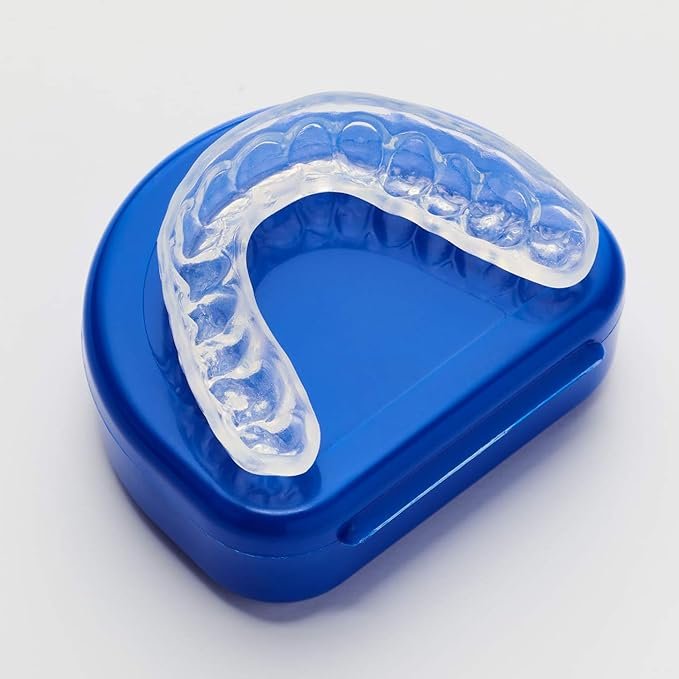Dental emergencies like knocked-out teeth or abscesses are painful and expensive, but many can be prevented with proactive habits. By making simple changes to your daily habits and lifestyle, you can keep your teeth healthy and reduce the need for emergency dental visits. This post shares practical tips to reduce your risk of dental emergencies, ensuring your smile stays healthy and strong.
Start with excellent oral hygiene. Brush twice daily with fluoride toothpaste and floss to remove plaque, which causes cavities that can lead to abscesses or tooth loss. Regular dental checkups every six months allow your dentist to catch issues like weak fillings or early decay before they become emergencies. For example, a small cavity filled early takes minutes, but if ignored, it might require a root canal or extraction.
Protect your teeth from injury. If you play sports like soccer or hockey, wear a custom mouthguard—studies show they reduce dental injury risk by up to 60%. If you grind your teeth at night, ask your dentist about a nightguard to prevent cracks or chips. Don’t chew on hard items—such as ice, popcorn kernels, or hard candies—because they can crack your teeth. A common mishap is cracking a molar on an olive pit—sticking to softer foods lowers this risk.
Diet impacts dental health significantly. Limit sugary snacks and drinks, as they feed bacteria that erode enamel, leading to cavities. Consume calcium-rich foods like yogurt and cheese to help keep your teeth strong, and rinse your mouth with water after meals to wash away leftover food and bacteria. If you have a history of dental issues, consider sealants or fluoride treatments for added protection.
Be prepared for potential emergencies. Keep a dental emergency kit on hand with gauze, dental wax, painkillers, and a small container to safely store a knocked-out tooth. Save your dentist’s emergency number and know the location of a 24/7 clinic. Educate your family, especially kids, about oral safety, like not opening bottles with their teeth or chewing on pens.
These habits greatly reduce the likelihood of experiencing a dental emergency. Prevention is easier and cheaper than dealing with the pain and cost of urgent care, so start building these practices today.

